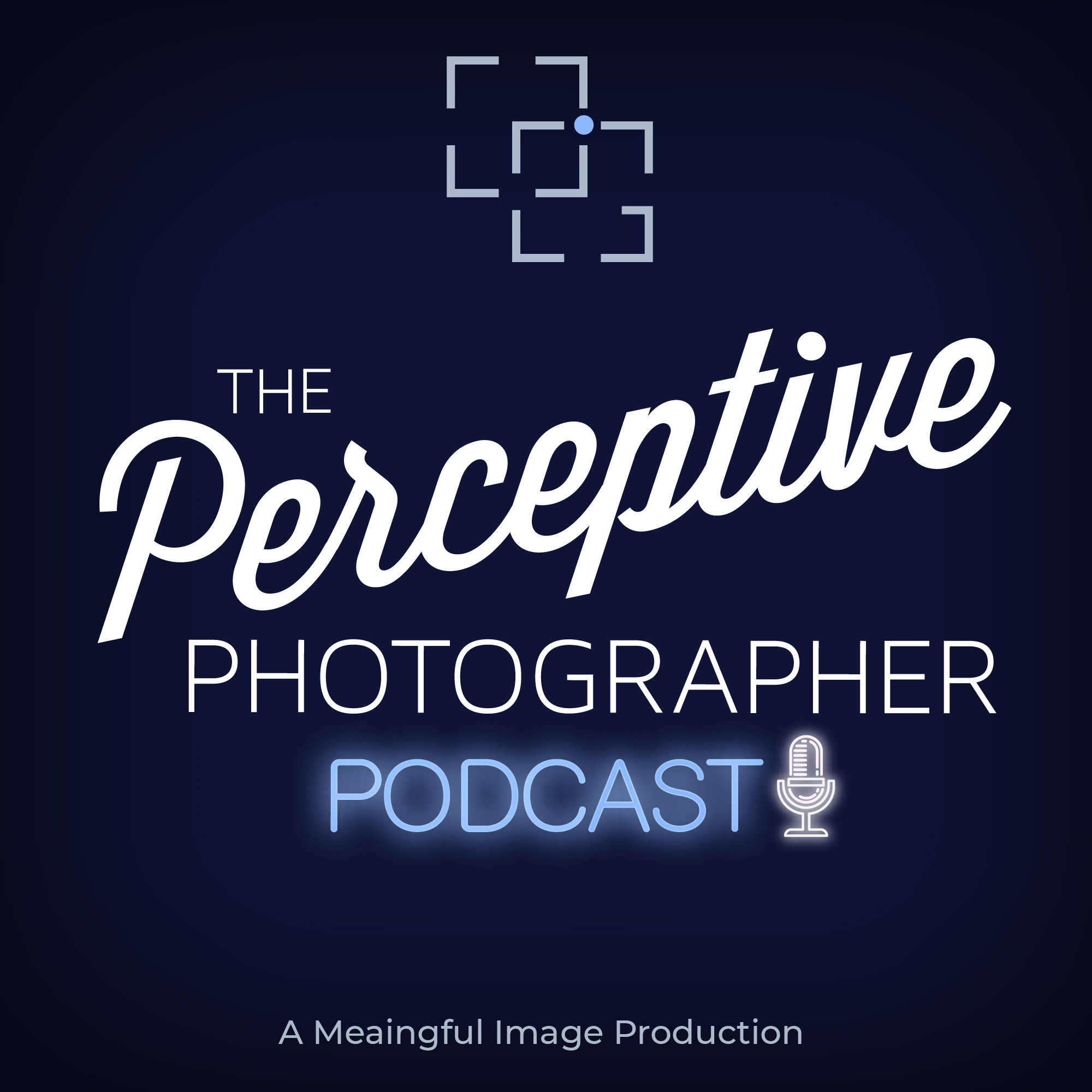I have a lecture that I’m giving later this week at the Photographic Center Northwest on visual literacy. As I’ve been preparing for that lecture, I also noticed a number of different people asking me for critiques in interesting and unusual ways. So in this week’s podcast we’re going to talk a little bit about how people go about asking for reviews, the nature of intention, and critiques and finally have a think about classifying work for more valuable critique.
One of the things that I’ve noticed is that people are asking for critiques to be brutally honest or subjectively honest or some other adjective in front of their critique. I think the reason for this, is that they want an excellent critique and I want to avoid the fluff of social media. The issue with asking for a brutal critique is it implies that the response is brutal. When what they want is just a good critique. We talk about this a little bit in this week’s podcast to help people understand what they’re looking for when they want a real valuable critique.
One other area that I’ve noticed is really interesting when working with people and critique is around the area of intention. While it is great, we will ask an artist their intention, and in many ways, you can push them to understand their work better if they think about their intention you will not always have the opportunity to work with the artist to get their intention. So, it is essential for you to be able to think about what are some possible intentions the photographer might’ve had if you do not have access to them.
Finally, in this week’s podcast, we take a look at Mina White and Walter chapels experiencing photographs content. This content is the foundation for the lecture will be given on Thursday and is at the heart of really starting to make the transition from just looking at photographs to creating a deeper meaning. One of the central tenets of this application is that photographs have different buckets or genres that they live in. And because of that, we should have different ways of analyzing and thinking about those photographs.

